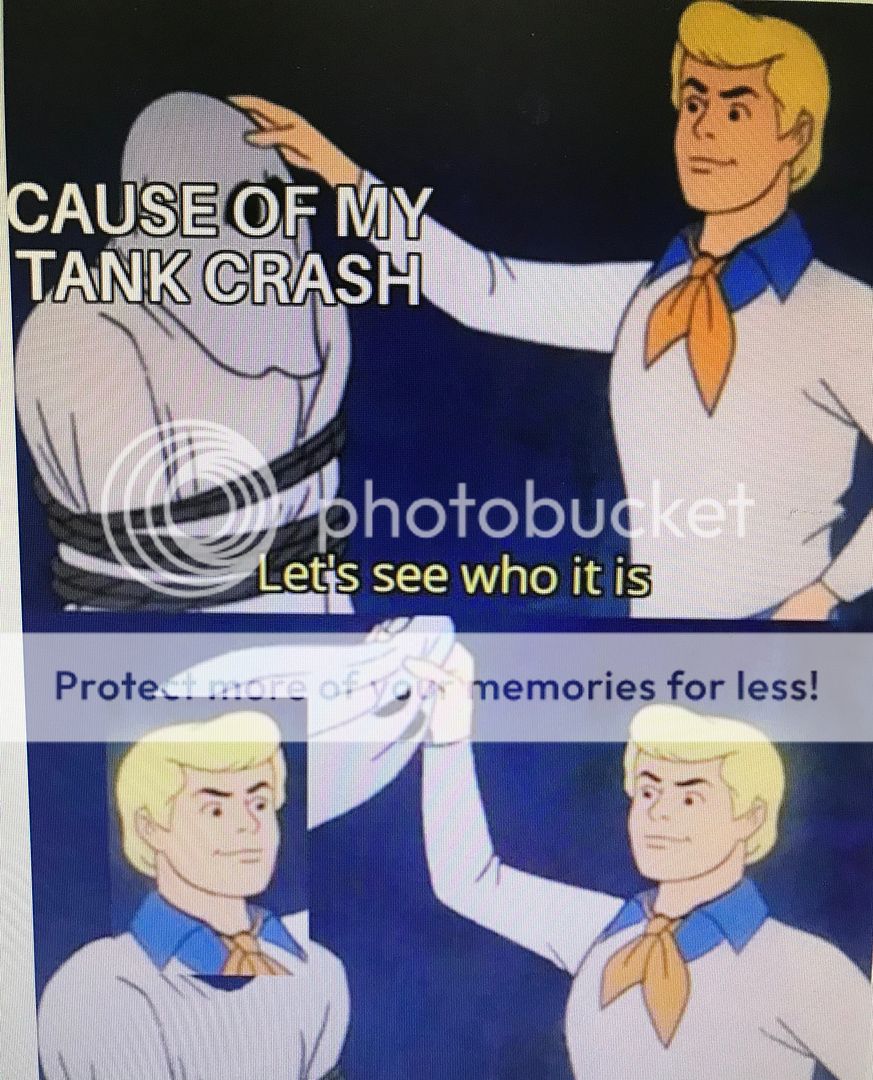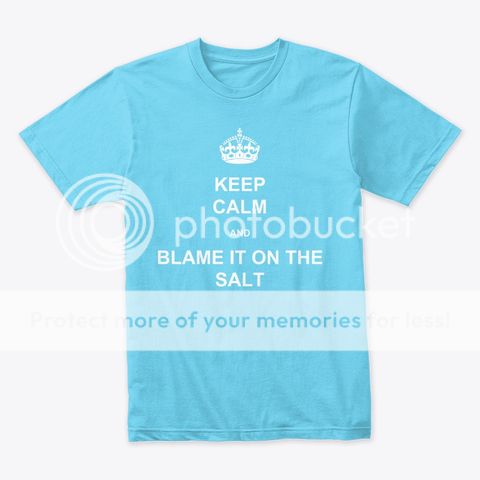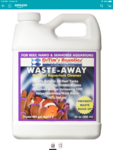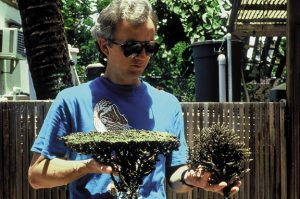So I’ve been doing some reading on advanced aquarist and came across this article in the link below:

 www.advancedaquarist.com
www.advancedaquarist.com
I noticed there was a few old threads on this forum as well and the article in the link above is from May 2006. Maybe there is more current information that others can share here.
Would any of the “old timers” like to chime in on their solution to this problem if they had such a problem. My tank is a little over a year and a half old and I would like to mitigate or even avoid this problem if possible. It would be nice to hear from people who have had their tanks for more than four years and if they’ve seen some of these problems occurring in their tank and their solutions they came up with as well.
Thanks all, and I hope this thread is informative for everyone.

The “Old Tank” Syndrome
Now that a tank no longer needs to be broken down and tanks are being maintained for long periods of time a new
I noticed there was a few old threads on this forum as well and the article in the link above is from May 2006. Maybe there is more current information that others can share here.
Would any of the “old timers” like to chime in on their solution to this problem if they had such a problem. My tank is a little over a year and a half old and I would like to mitigate or even avoid this problem if possible. It would be nice to hear from people who have had their tanks for more than four years and if they’ve seen some of these problems occurring in their tank and their solutions they came up with as well.
Thanks all, and I hope this thread is informative for everyone.
















